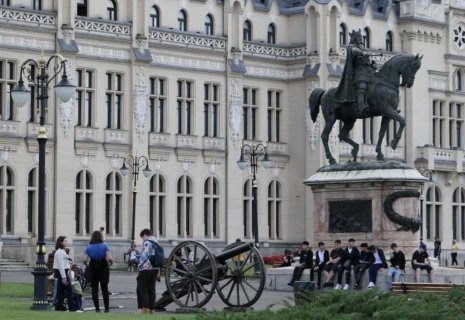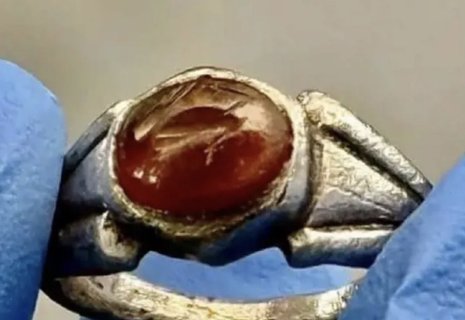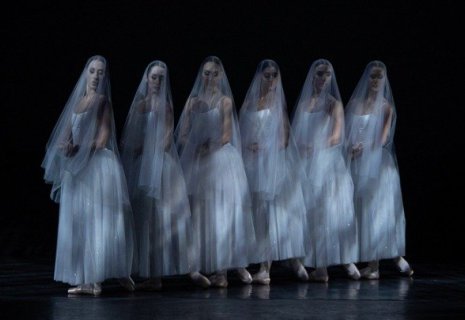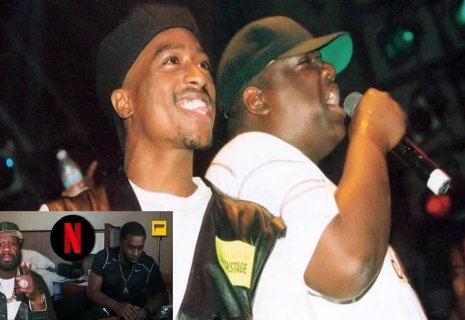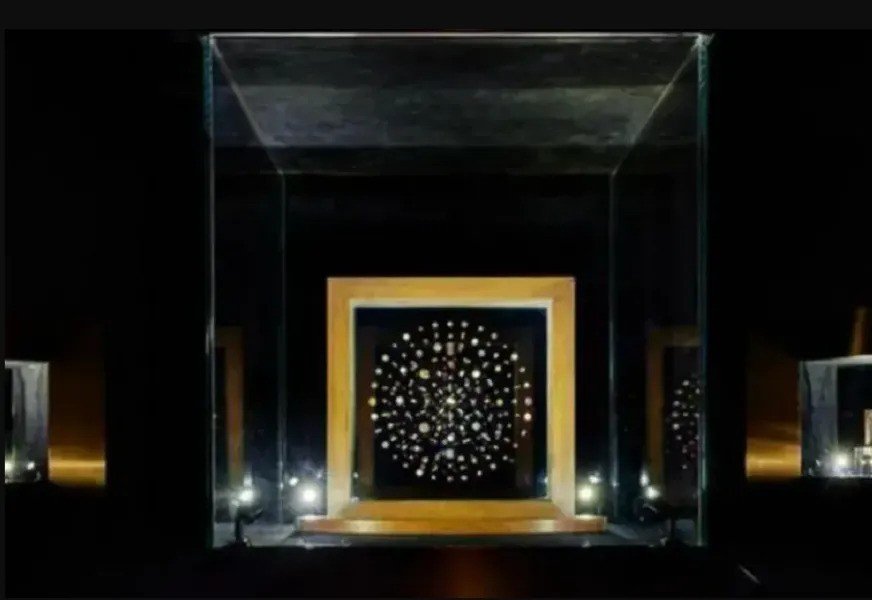
Sale of Ancient Buddhist Jewels Halted After Global Outcry
Auction house Sotheby's has postponed the sale in Hong Kong of hundreds of precious stones that are linked to Buddha relics, following a threat of legal action from the Indian government, BBC News reports, CE Report quotes Kosova Press.
The sale of the collection - described as one of the most extraordinary archaeological discoveries of the modern era - had prompted criticism from Buddhist academics and monastic leaders. India had said it offended the Buddhist community worldwide.
Sotheby's said the suspension will allow discussions to take place between the parties.
A British official named William Claxton Peppé had discovered the relics in northern India almost 130 years ago, along with bone fragments that have been identified as parts of the body of the Buddha himself.
The auction of the collection, known as "Piprahwas Jewels of the Historical Buddha - Mauryan Empire, Ashoka Era, circa 240-200 BCE," was scheduled to take place on May 7.
In a letter sent to the auction house two days ago, the Indian government stated that the relics constitute "the inalienable religious and cultural heritage of India and the global Buddhist community. Their sale constitutes a violation of Indian and international laws, as well as United Nations conventions."
A high-level delegation from the Indian government then held talks with Sotheby's representatives on Tuesday.
In an emailed statement, Sotheby's said that, in light of the issues raised by the Indian government "and with the approval of the consignors of the collection, the auction ... has been postponed."
According to them, updates regarding the discussions will be shared "when appropriate."
The announcement of the sale of the jewels was removed from the auction site by Wednesday, and the website that promoted the auction is no longer available.
William Claxton Peppé was an English land administrator who excavated a stupa at Piprahwa, just south of Lumbini, the site believed to be the birthplace of the Buddha. He discovered relics carved and consecrated almost 2,000 years ago.
The finds included about 1,800 precious stones, including rubies, topazes, sapphires and gold leaf with ornaments, stored inside a brick chamber. The site is now in the Indian state of Uttar Pradesh.
Sotheby's said in February that the 1898 discovery ranked "among the most extraordinary archaeological discoveries of all time."

